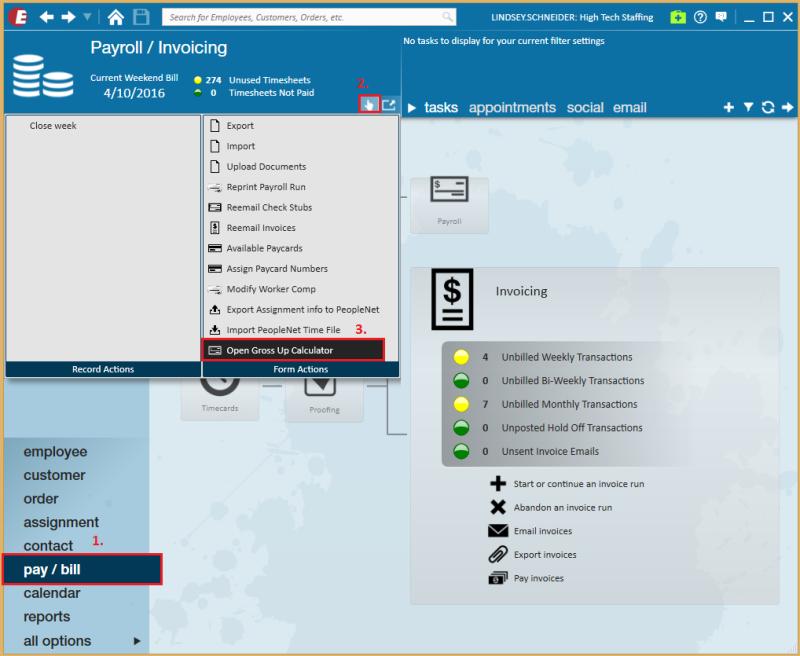How do you calculate gross up?
Calculating a gross-up involves determining the gross amount needed to cover taxes on a given net amount. This is commonly used in scenarios where an employer wants to ensure that an employee receives a specific net amount after taxes, accounting for the tax liabilities associated with that payment.
Here's the general formula for grossing up a net amount to arrive at a gross amount:
Where:
- Gross Amount: The total amount before taxes.
- Net Amount: The desired amount after taxes.
- Tax Rate: The effective tax rate applicable to the payment.
To calculate the gross amount needed to provide a specific net amount to an employee after taxes:
- Determine the applicable tax rate for the specific payment. This could include federal, state, and local income taxes, as well as any other relevant taxes.
- Use the formula above to calculate the gross amount required to ensure that, after taxes, the net amount received by the employee matches the desired figure.
For example, if an employee is expecting a net bonus of $5,000 after a 25% tax deduction:
In this scenario, to ensure the employee receives a net bonus of $5,000 after a 25% tax deduction, the gross bonus amount should be $6,666.67.
Please note that tax laws and regulations vary by location and can be complex. It's essential to consult with a tax professional or accountant to ensure accuracy and compliance with tax laws when performing gross-up calculations, especially in business or employment contexts.
1. Gross Up Calculation
Gross up is a financial calculation that determines the gross amount of income needed to produce a specific net amount after taxes. It is commonly used when compensating employees for one-time payments, such as bonuses or relocation expenses, to ensure they receive the full intended amount despite tax deductions.
The formula for calculating gross up is:
Gross Amount = Net Amount / (1 - Tax Rate)
Where:
Gross Amount: The total amount before taxes
Net Amount: The desired amount after taxes
Tax Rate: The applicable tax rate
2. Factors Considered in Gross Up Calculations
Several factors influence gross up calculations, including:
Tax Rate: The tax rate applicable to the employee's income level.
Payroll Deductions: Additional payroll deductions, such as Social Security and Medicare taxes, may need to be considered.
State and Local Taxes: In addition to federal taxes, state and local taxes may also need to be factored in.
One-Time Payment Type: The type of one-time payment, such as a bonus or relocation expense, may affect the applicable tax rate.
3. Different Methods for Computing Gross Up Amounts
While the basic gross up formula remains the same, there are different methods for computing gross up amounts depending on the specific circumstances.
Single Tax Rate Method: This method assumes a single tax rate applies to the entire gross amount.
Multiple Tax Rate Method: This method considers multiple tax rates, such as federal, state, and local taxes, to calculate the gross amount.
Effective Tax Rate Method: This method uses the employee's effective tax rate, which considers their overall income and deductions, to calculate the gross amount.
The choice of method depends on the complexity of the employee's income situation and the accuracy required in determining the gross amount.
In conclusion, gross up calculations play a crucial role in ensuring employees receive the intended net amount for one-time payments. By considering various factors and employing appropriate methods, companies can accurately calculate gross up amounts and provide fair compensation to their employees.











